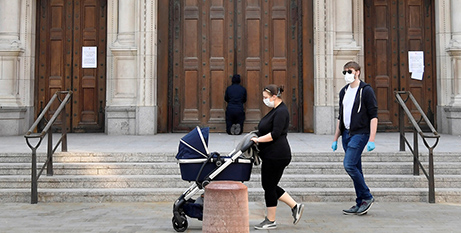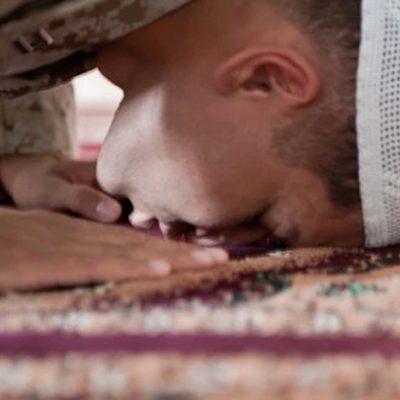
Religious people may have coped better during the coronavirus pandemic than those without a spiritual faith, researchers from the United Kingdom have claimed. Source: BBC News.
Cambridge University-led studies found the increase in feeling miserable was 29 per cent lower for people who described themselves as belonging to a religion.
Shaun Larcom said the pandemic was an opportunity “to measure whether religion was important … in a crisis”.
Professor Larcom said religion may help “people cope with adversity”.
Two studies were carried out – one across February and March 2021, which involved 5178 people across the US.
The second collected data from 3884 people in the UK during the first two national lockdowns, and compared with data prior to the pandemic.
The researchers also analysed the data by “religiosity” – the extent of an individual’s commitment to religious beliefs, and how central it was to their life.
Those for whom religion made “some or a great difference” in their lives experienced about half the increase in unhappiness seen in those for whom religion made “little or no difference”.
“The study suggests that it was not just being religious, but the intensity of religiosity that was important when coping with a crisis,” Professor Larcom said.
University of Cambridge economists said the studies showed that religion “may act as a bulwark against increased distress and reduced wellbeing during times of crisis, such as a global public health emergency”.
Professor Larcom added: “These studies show a relationship between religion and lower levels of distress during a global crisis.
“It may be that religious faith builds resilience, and helps people cope with adversity by providing hope, consolation and meaning in tumultuous times.”
FULL STORY
Cambridge University studies claim religion may have helped during COVID (BBC News)






